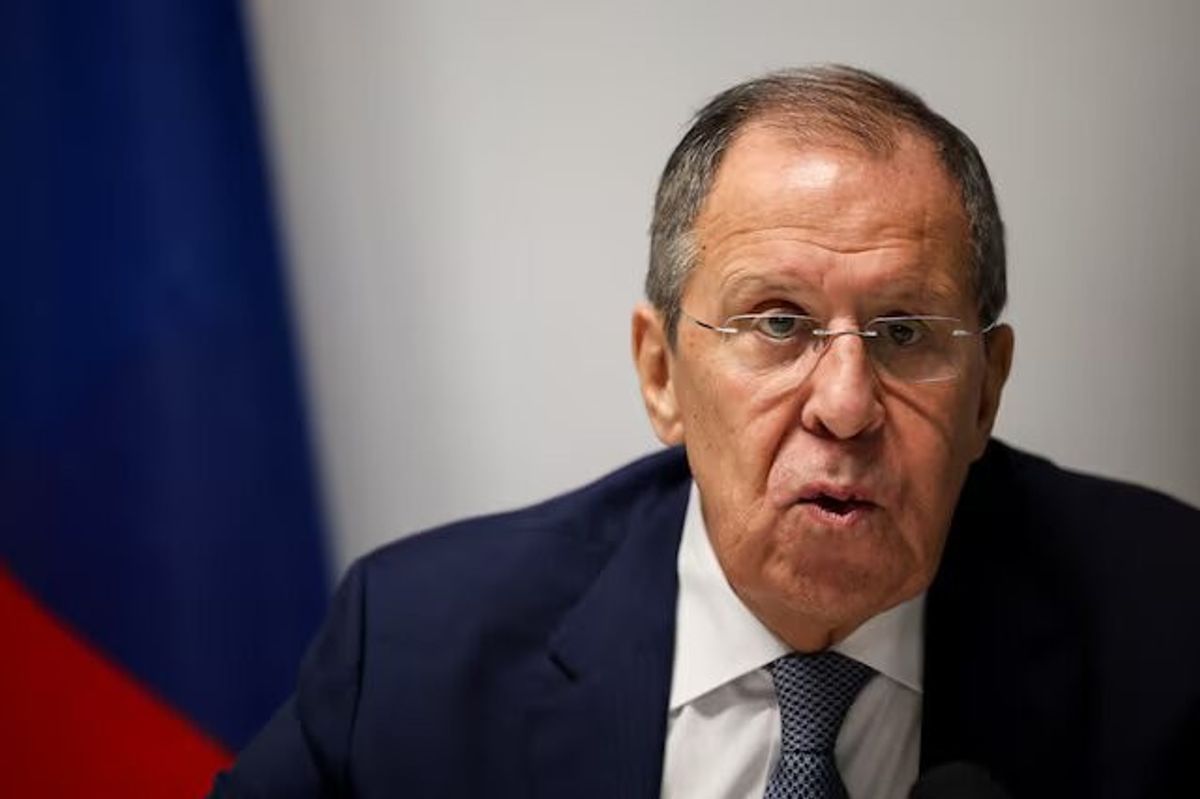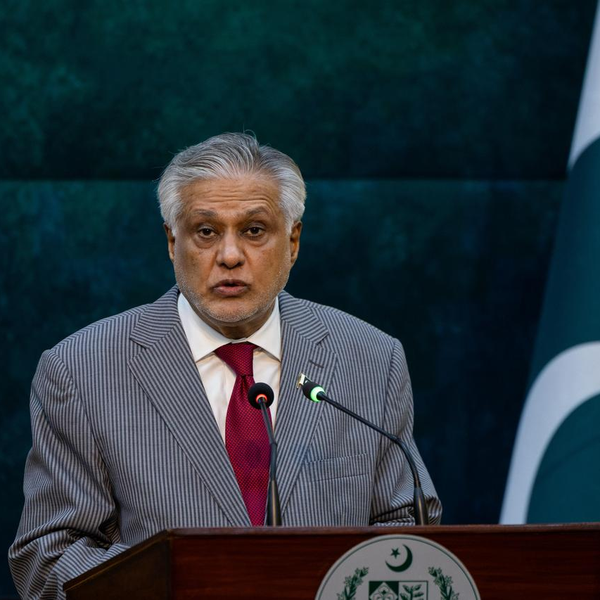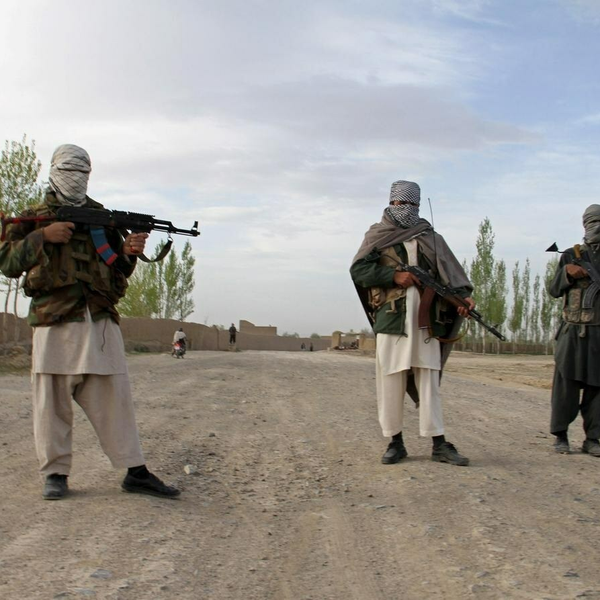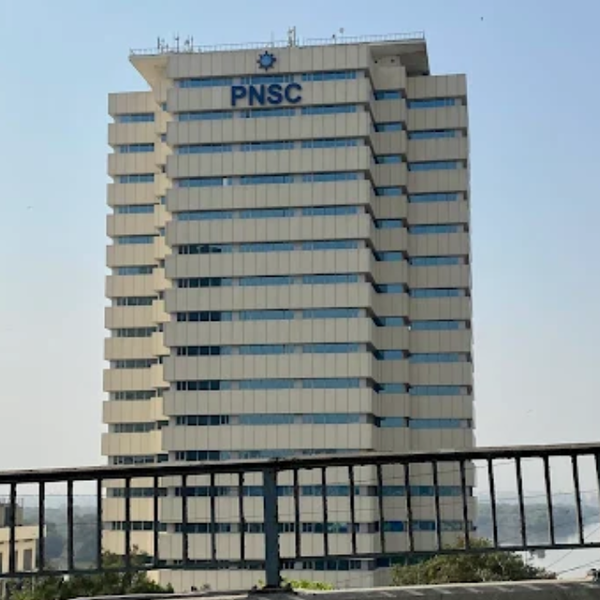Russia will abandon its unilateral missile moratorium, Lavrov says
Russia’s decision to abandon the missile moratorium signals an end to a Cold War-era arms control agreement
Reuters
News Agency Partner
Reuters is a leading source of news and information, delivering fact-based reporting and expert analysis on international events and trends.

Russia's Foreign Minister Sergei Lavrov speaks to the media as he attends the 31st Organization for Security and Co-operation in Europe (OSCE) Ministerial Council in Ta'Qali, Malta, December 5, 2024.
Reuters
Russia will abandon its moratorium on deploying intermediate and shorter-range nuclear-capable missiles, Russian Foreign Minister Sergey Lavrov announced Sunday.
The move, which signals a breakdown in arms control agreements dating back to the Cold War, comes as tensions rise with the United States over global missile deployments.
Lavrov said that Russia's decision was prompted by what he called U.S. “arrogance” in disregarding Russia's and China's warnings. He noted the U.S. has deployed such weapons worldwide, undermining Russia’s position.
"This moratorium is no longer practically viable," Lavrov told state news agency RIA. He warned that current conditions made strategic dialogue with Washington impossible.
Russia and the United States have both expressed regret over the collapse of Cold War-era arms control treaties. Lavrov's comments reflect growing concerns that the world’s two largest nuclear powers may enter a new arms race with China.
The Intermediate-Range Nuclear Forces (INF) Treaty, signed by Mikhail Gorbachev and Ronald Reagan in 1987, had banned ground-based missiles with ranges of 500 to 5,500 kilometers (310 to 3,417 miles).
The U.S. formally withdrew from the treaty in 2019 under former President Donald Trump, citing Russian violations, a claim Moscow denied.
In retaliation, Russia imposed its own moratorium on developing these missiles, though it has since resumed testing. In November, Russia fired a new intermediate-range hypersonic missile known as "Oreshnik" at Ukraine, a response to U.S. and British missile strikes.
Lavrov’s comments suggest the disintegration of arms control agreements has entered a new phase, with the risk of escalating tensions between nuclear powers now at the forefront.







Comments
See what people are discussing